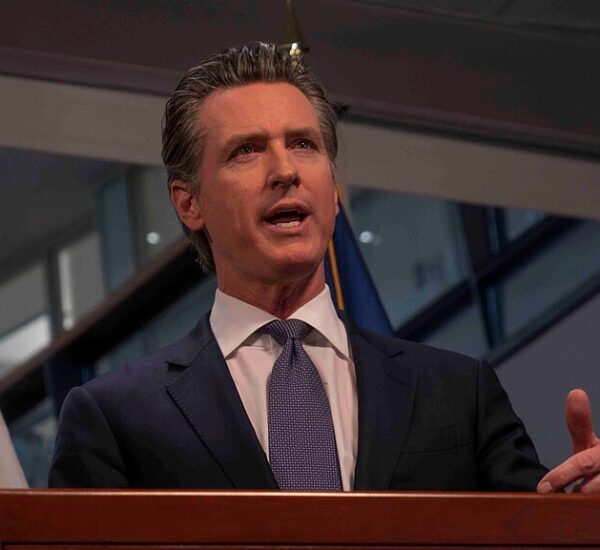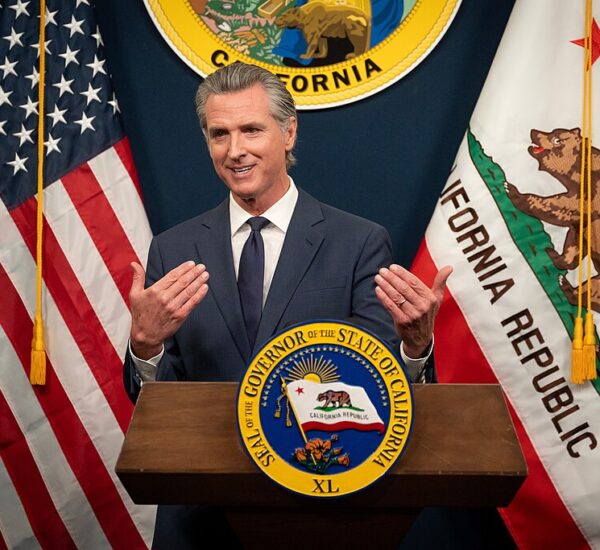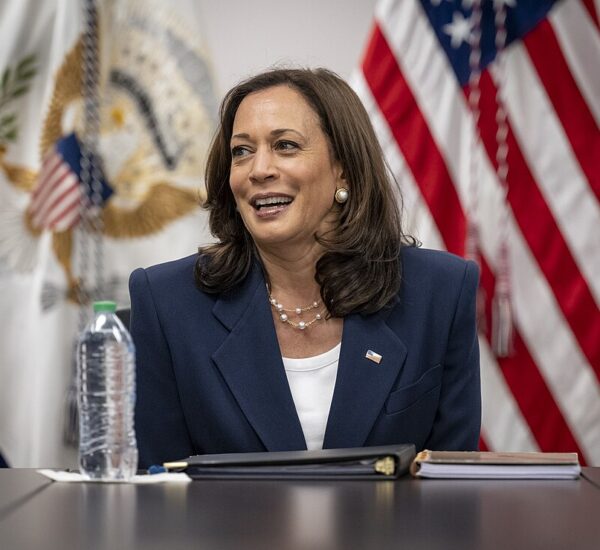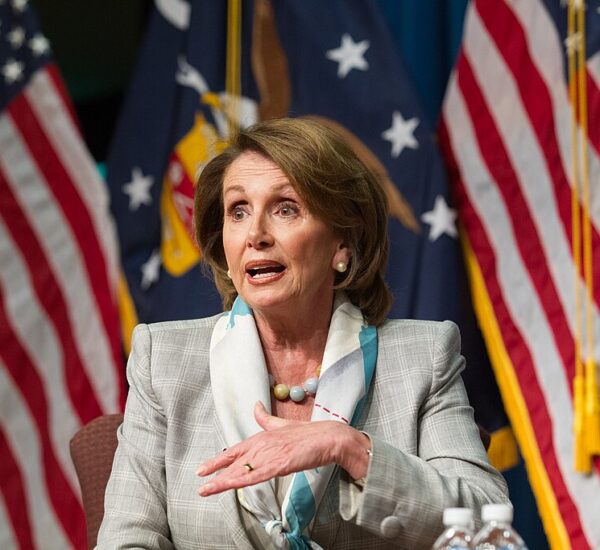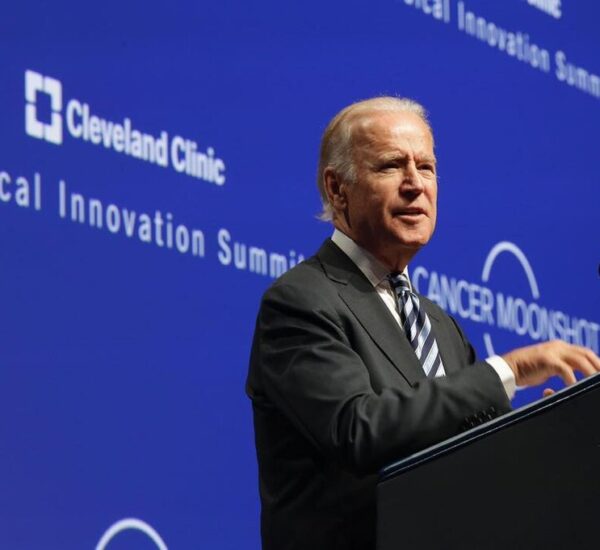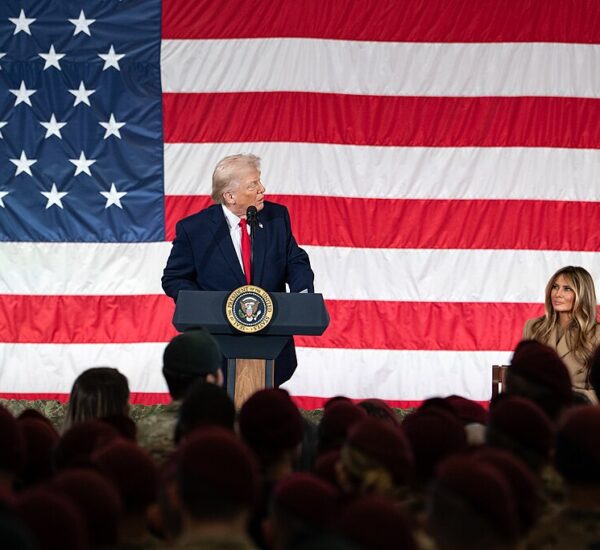Major Development In Trump’s Jan 6th Case
Special Counsel Jack Smith and former President Donald Trump are engaged in a legal standoff regarding the timeline for Trump’s election interference case, with Trump proposing that the litigation could drag on until late 2025 if necessary.
Late Friday, a joint filing was submitted at Judge Tanya Chutkan’s request. She had asked both parties to outline their proposed approach to the case after it returned to her courtroom following the Supreme Court’s recent ruling on presidential immunity.
Smith and Trump are scheduled to appear before Judge Chutkan on September 5 for a hearing related to Trump’s efforts to overturn the results of the 2020 presidential election, in which he lost to President Biden.
Smith did not request an abbreviated trial with live witness testimony but suggested that the case should be resolved through written legal briefs. He did not provide a detailed schedule, instead recommending that Chutkan consider immunity issues together with other related matters in the case.
Trump’s legal team plans to file numerous additional motions, which they want reviewed individually by the judge. They also intend to spend over a month addressing a forthcoming effort to dismiss the case based on challenges to Smith’s appointment—challenges that were successful in a separate Florida classified documents case, which Smith is currently appealing.
Under Trump’s proposed timeline, Judge Chutkan would not begin addressing immunity questions until December, well past the November election. Should Trump win, he could instruct his future Justice Department to drop all charges. His team’s suggestion that the case might continue into the spring and fall of 2025 reflects a belief that they can secure a dismissal before then.
Earlier this week, Smith revised his approach to the case following the Supreme Court’s immunity decision by filing a new indictment. This revised indictment retains the original charges but shifts focus to actions Trump took outside his official presidential duties.
The Supreme Court had ruled last month that former presidents are immune from prosecution for actions taken in their official role and presumptively immune for other presidential duties. However, acts performed outside their official capacity are not protected.
Smith adjusted the indictment to exclude the specific plot related to Trump’s pressure campaign on the DOJ, as the court deemed such actions protected. Instead, Smith’s revised charges concentrate on Trump’s actions as a private citizen or candidate, arguing that these actions were unrelated to his presidential responsibilities.
The new indictment also accuses Trump of using his campaign to spread false claims about the election and notes that legal challenges were filed in his capacity as a candidate.
Trump’s January 6, 2021, speech near the White House is described as a “campaign speech at a privately-funded, privately-organized political rally.”
Trump’s team suggested on Friday that Smith’s inclusion of conversations with then-Vice President Mike Pence could provide grounds for dismissing the entire case. The Supreme Court had indicated such conversations were presumptively immune, but Smith argued that Pence’s role in overseeing the Senate meant those discussions might not fall under protected White House communications.
Additionally, Trump plans to file motions related to a recent Supreme Court decision that affects charges used against participants in the January 6 Capitol riot. He may seek to dismiss his case based on this ruling.

